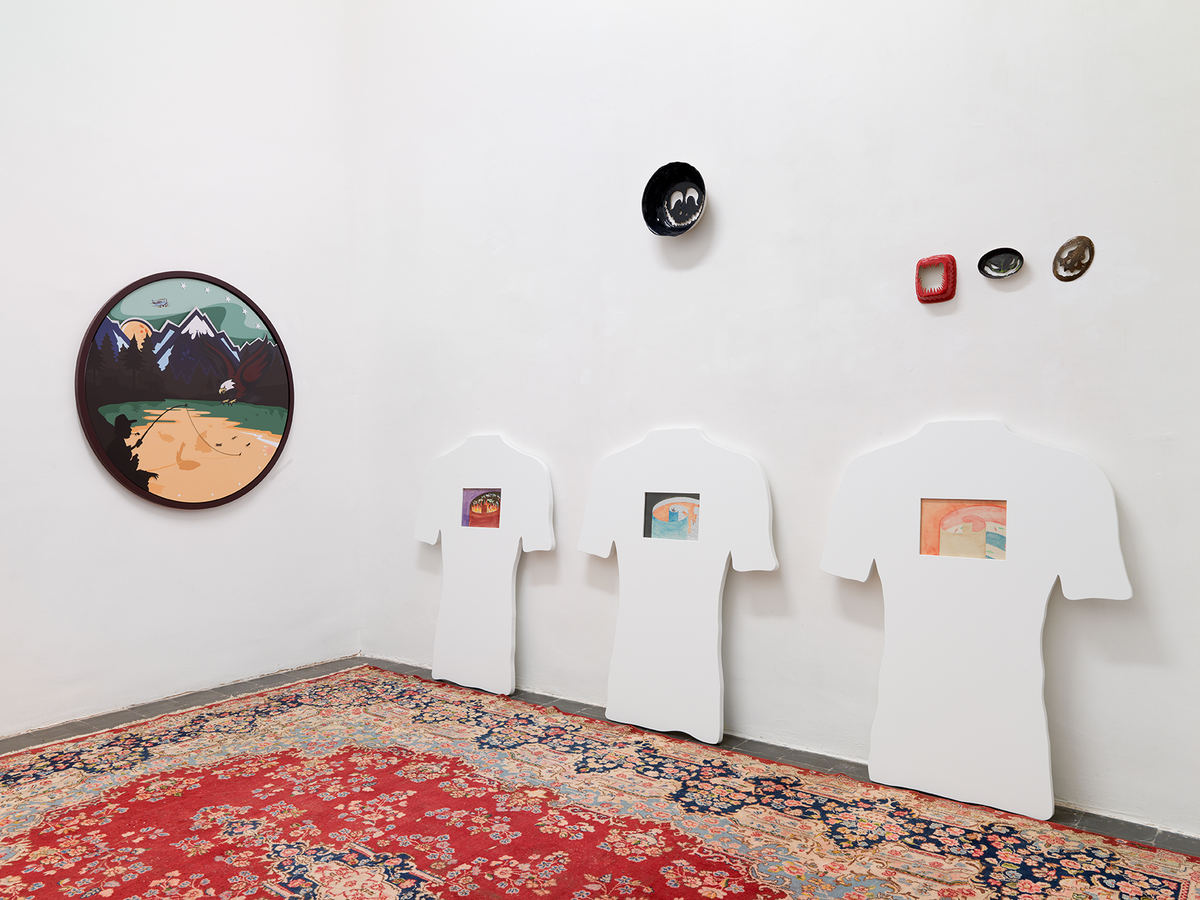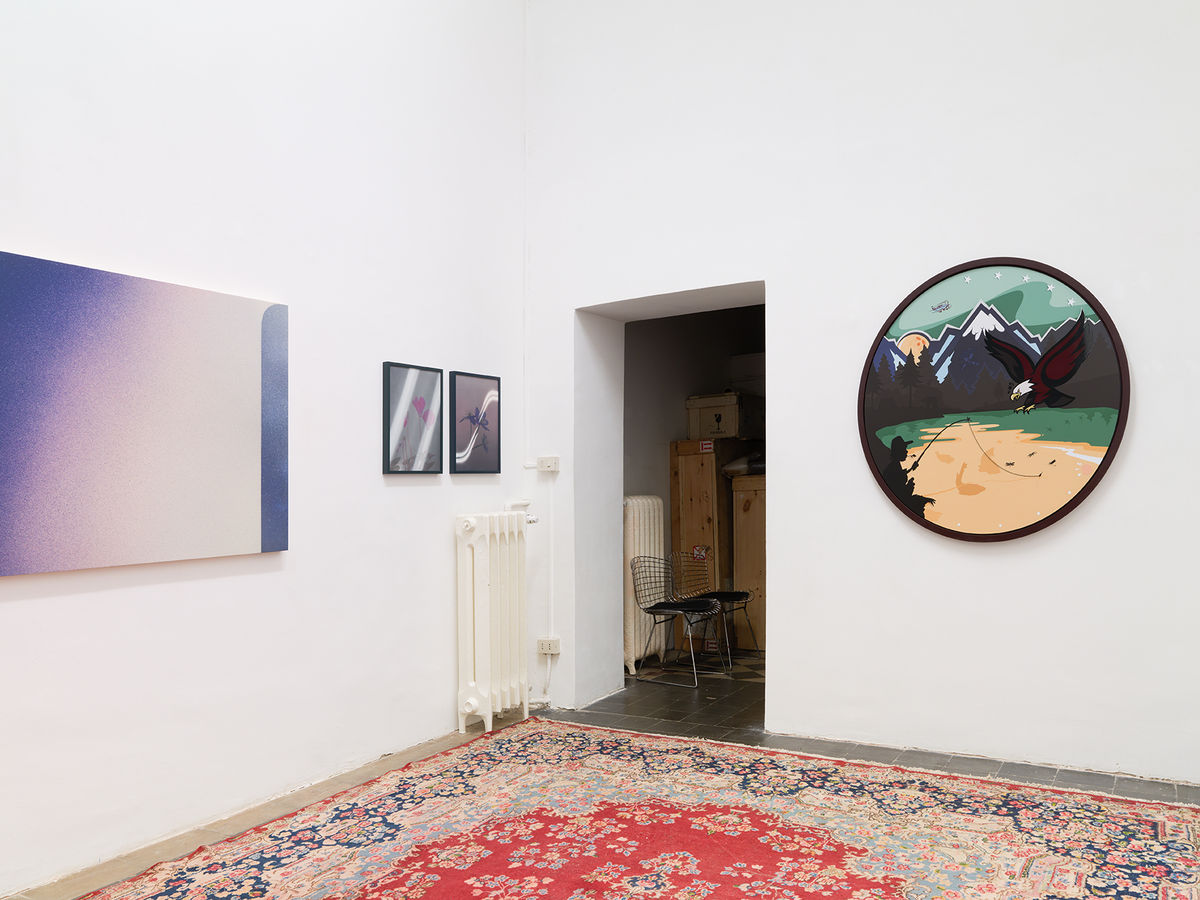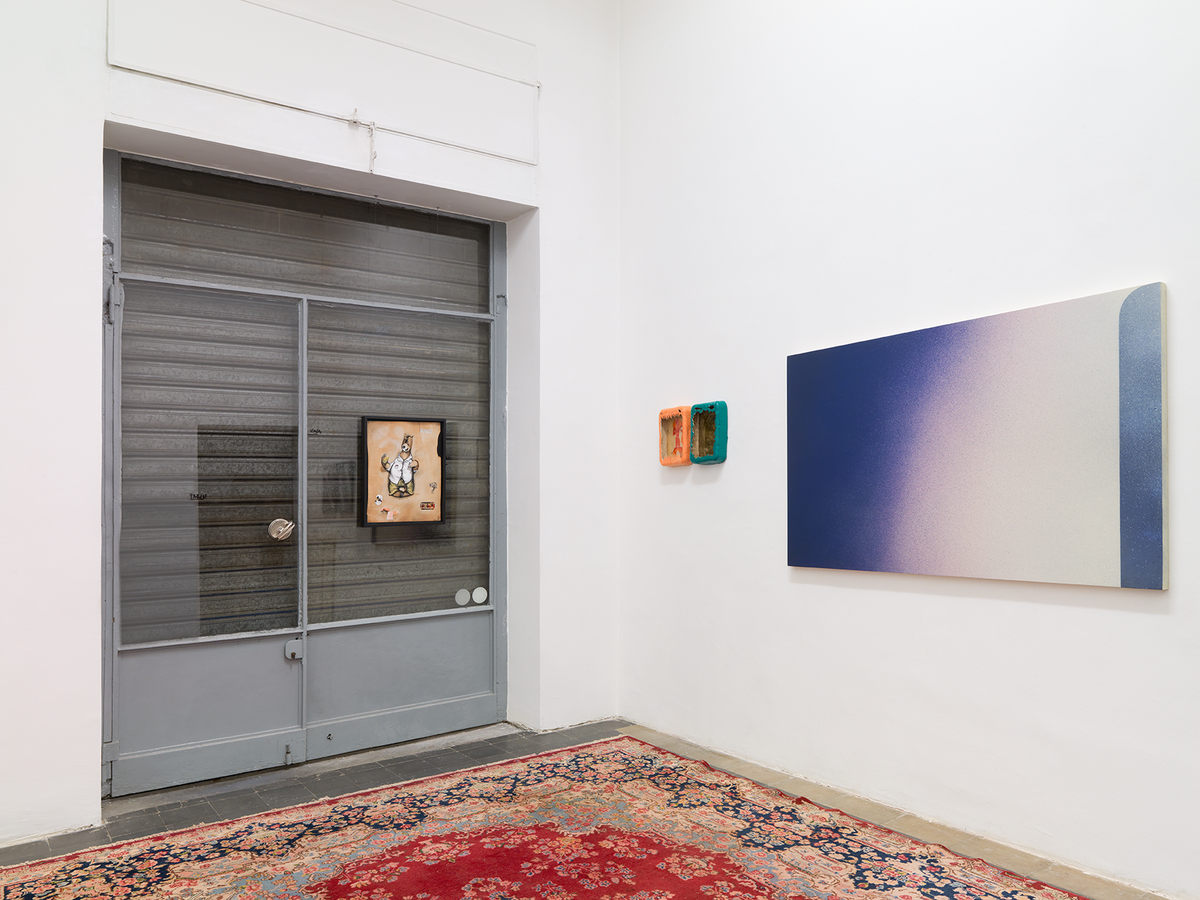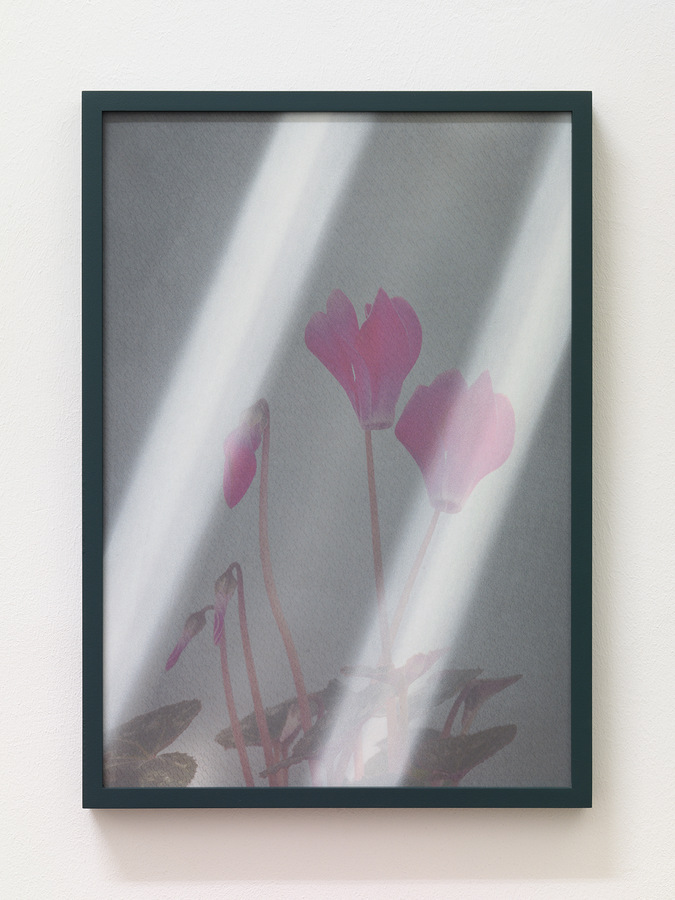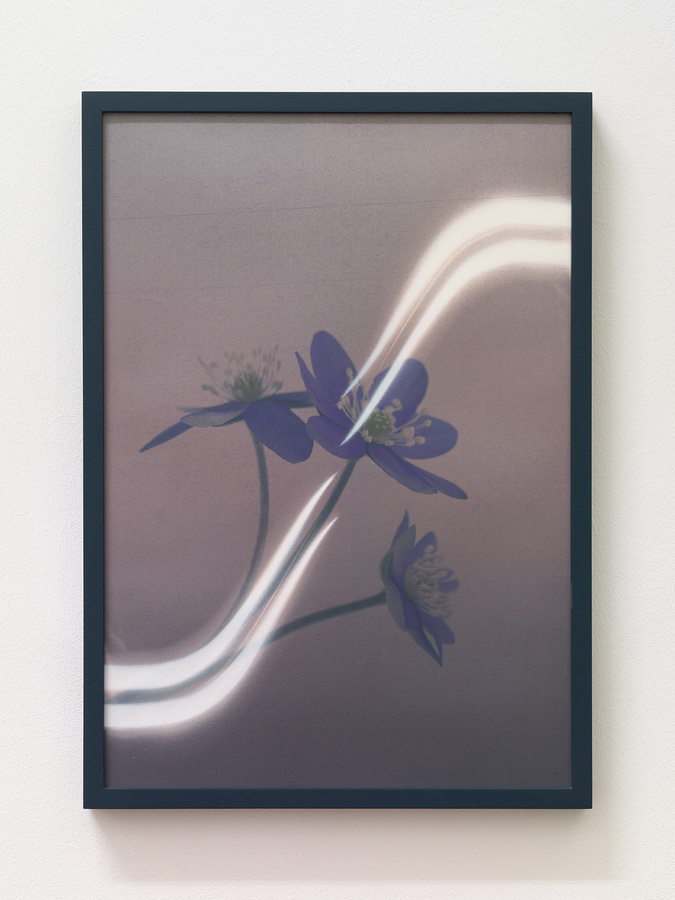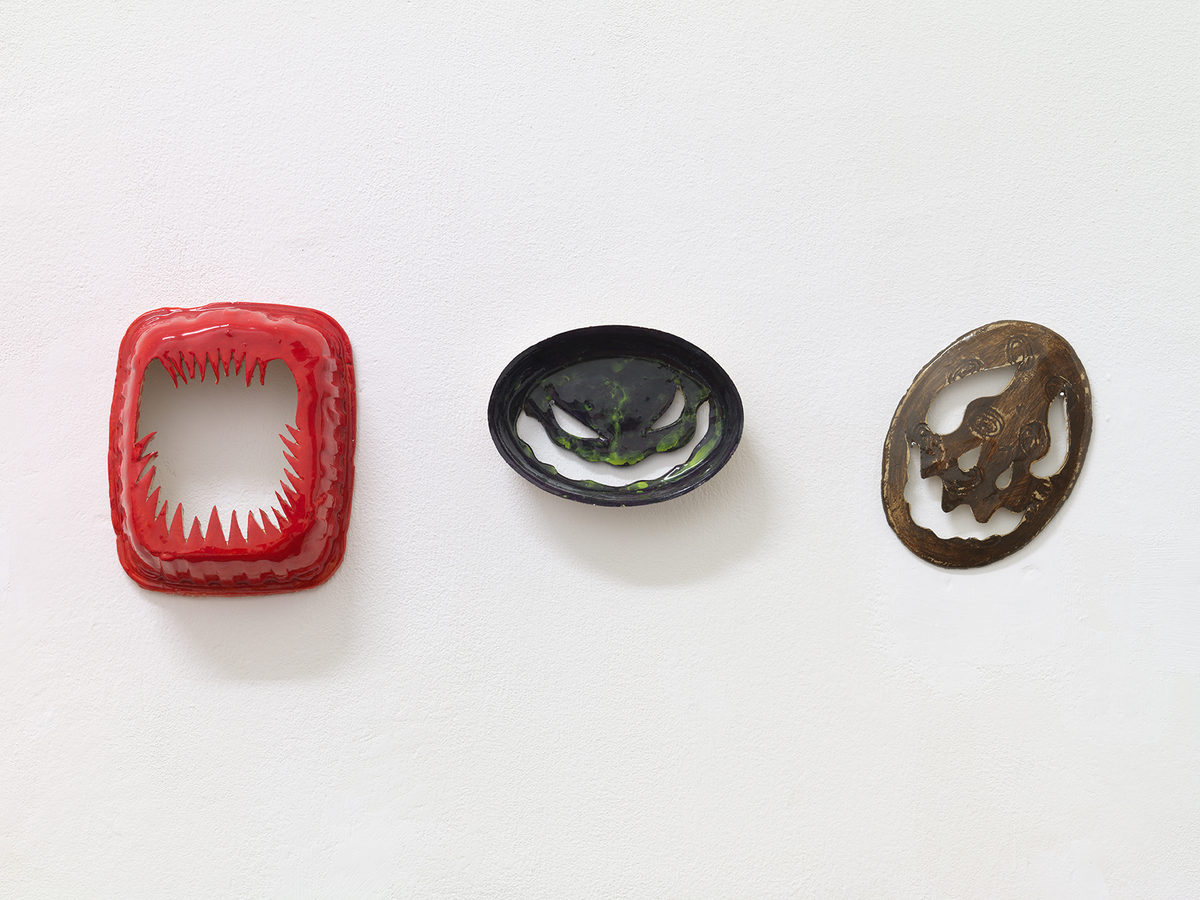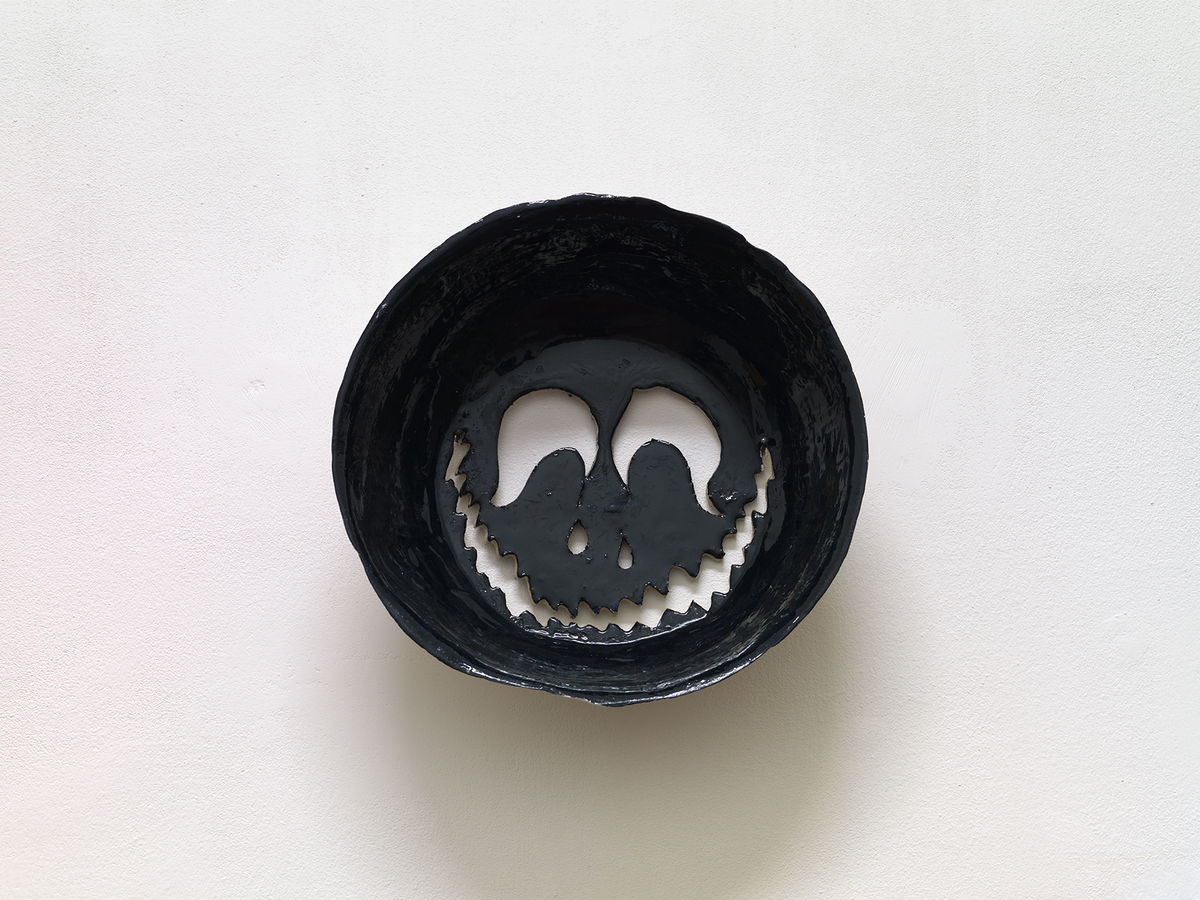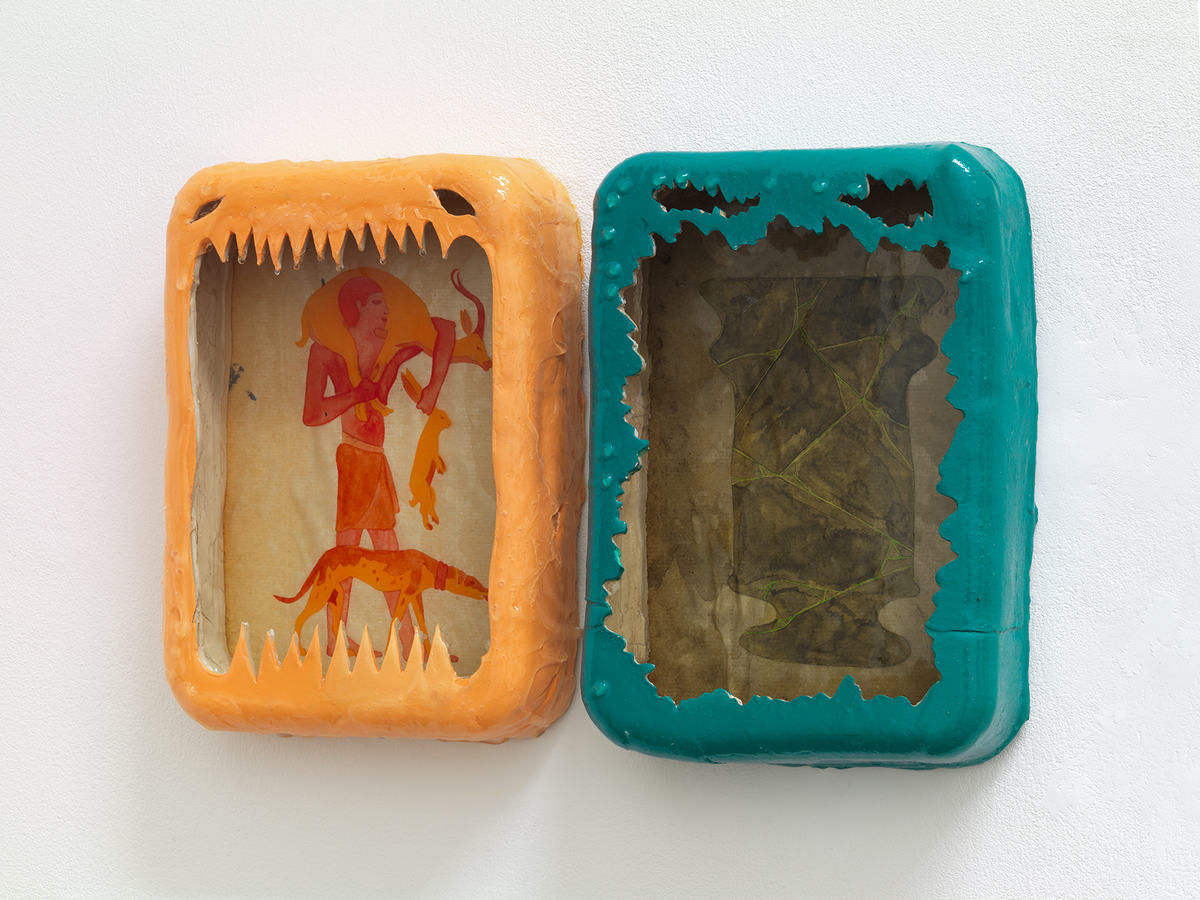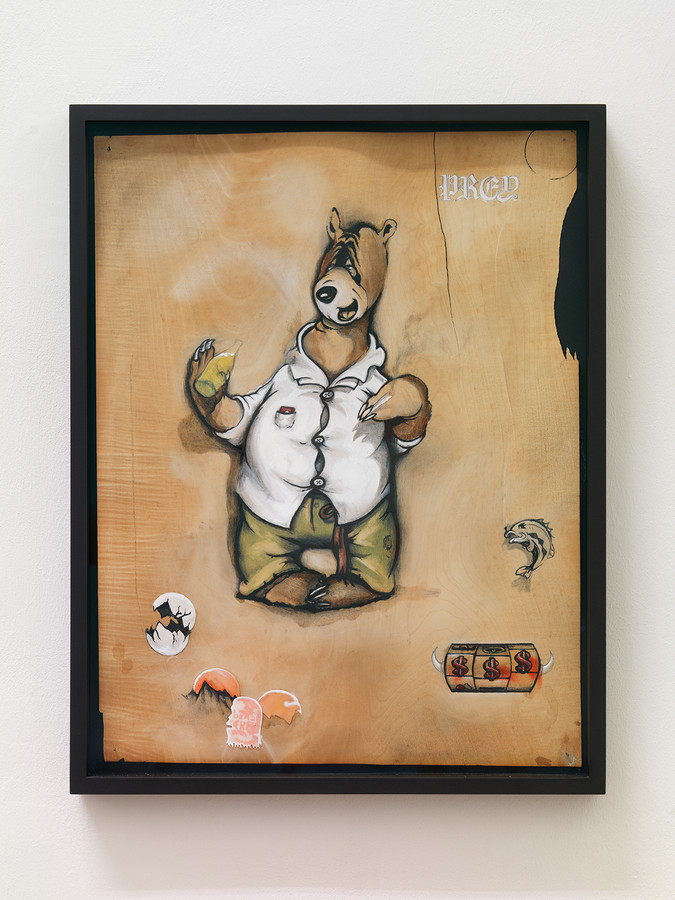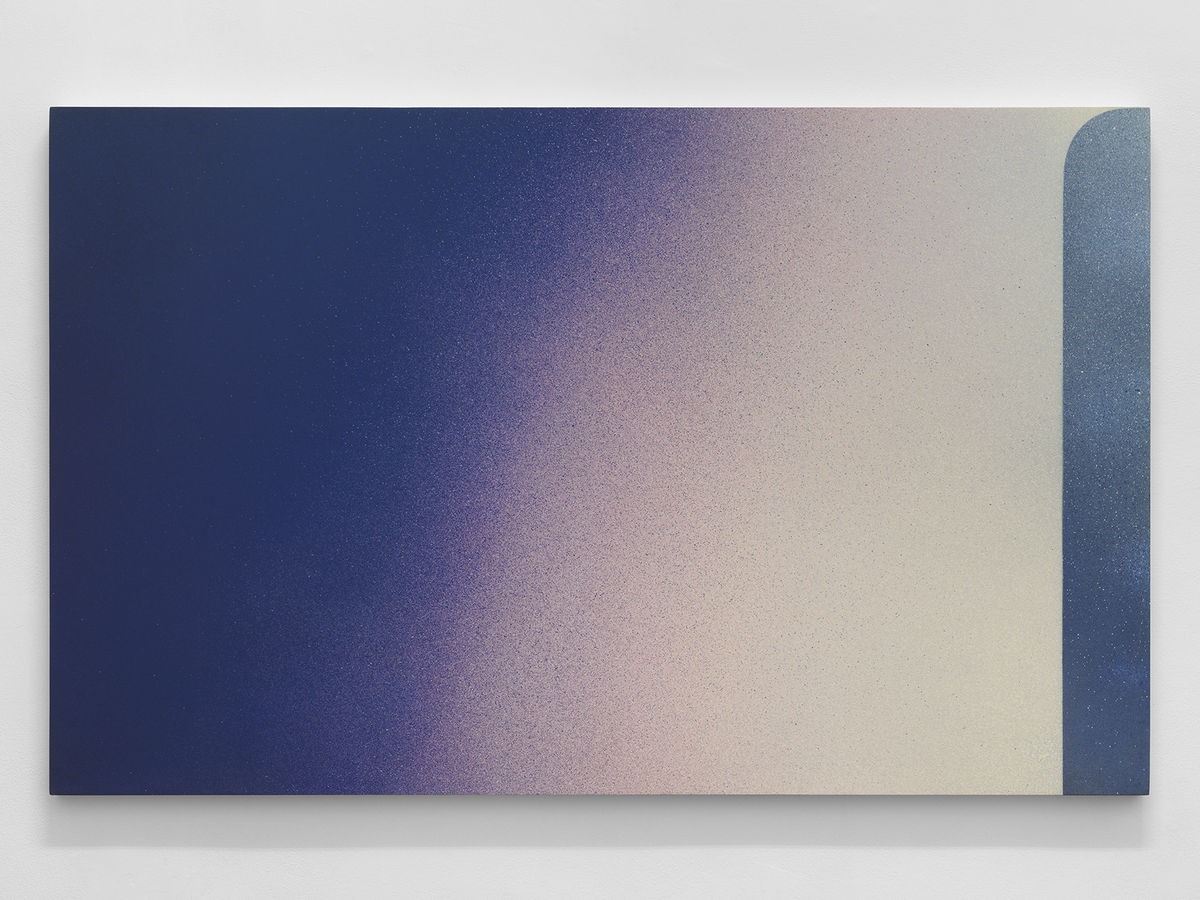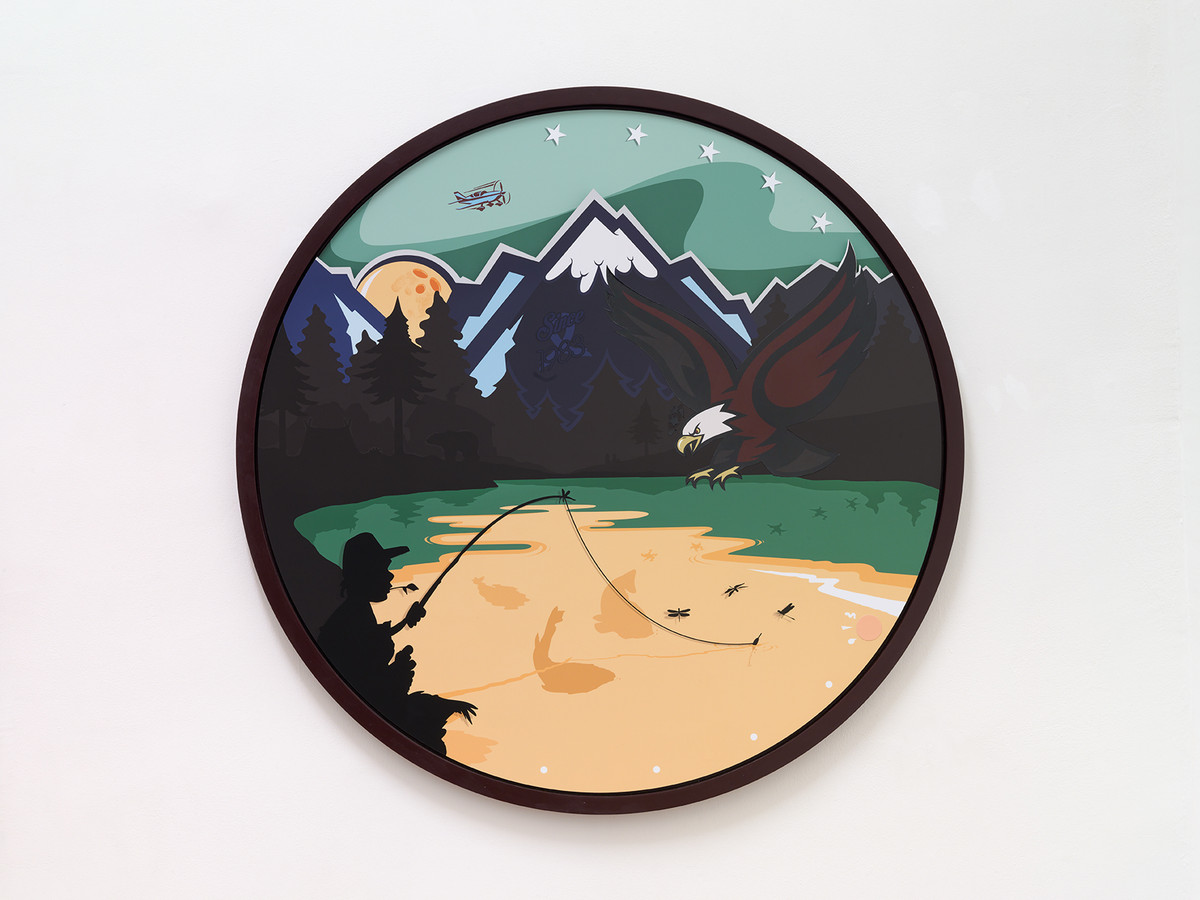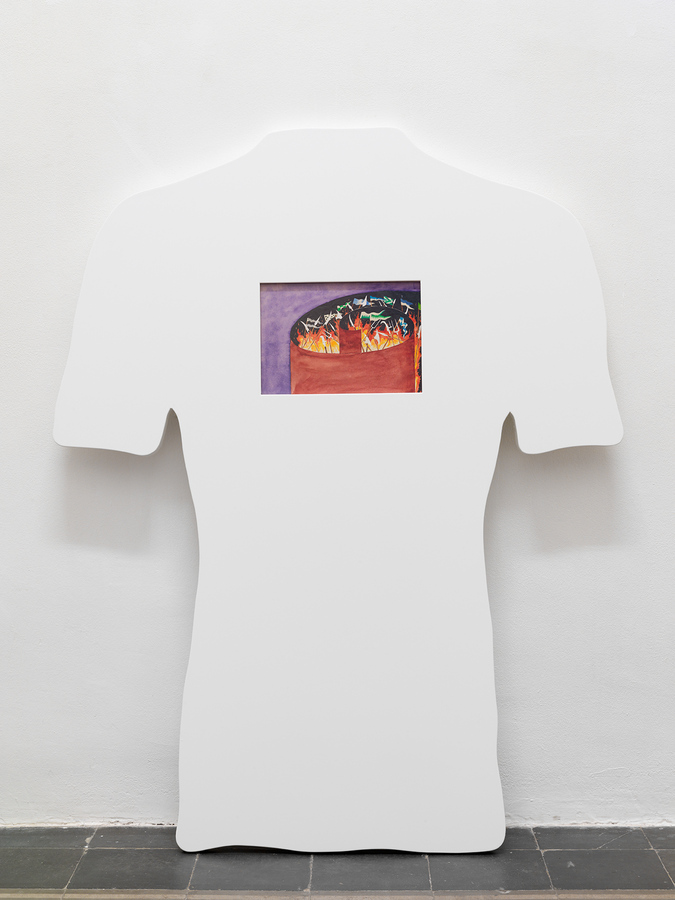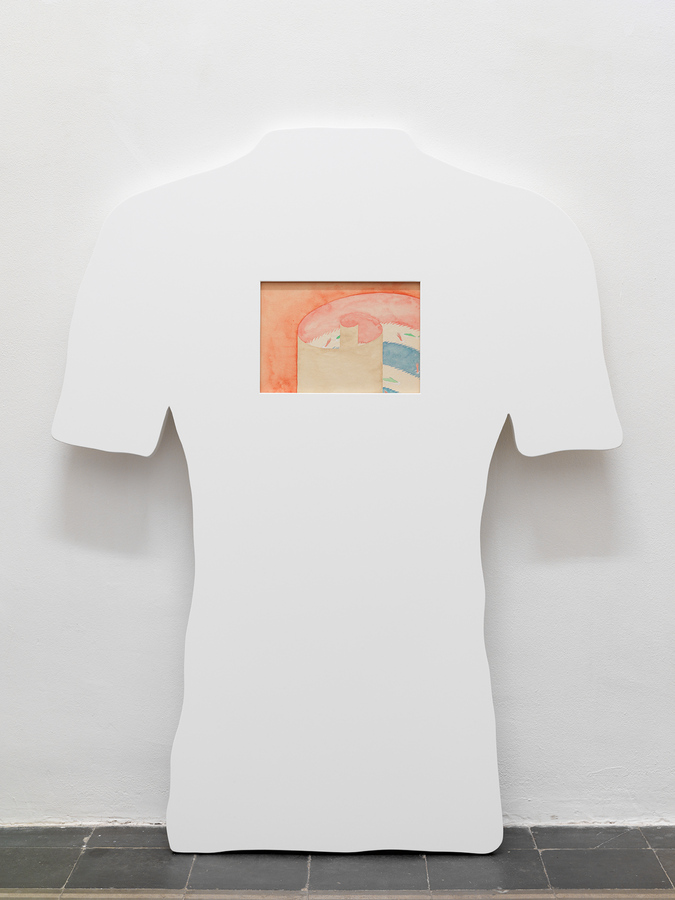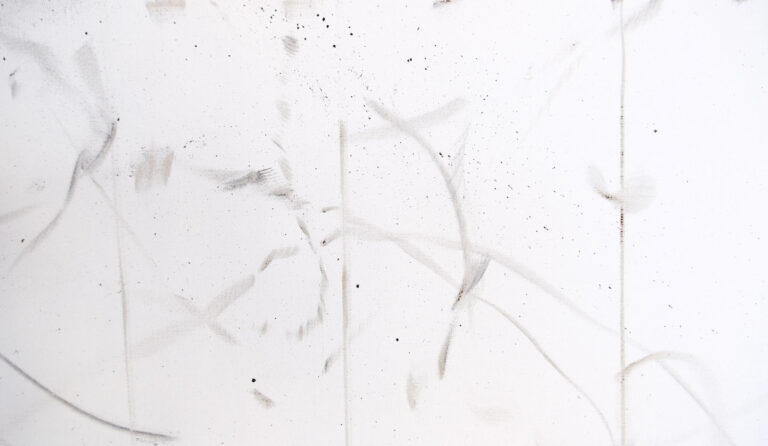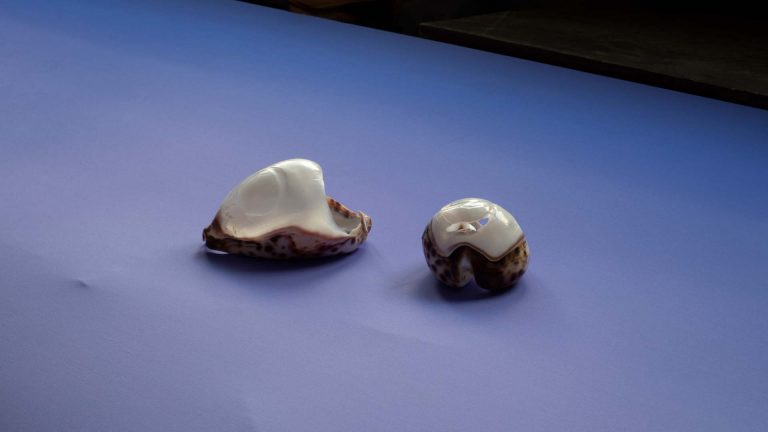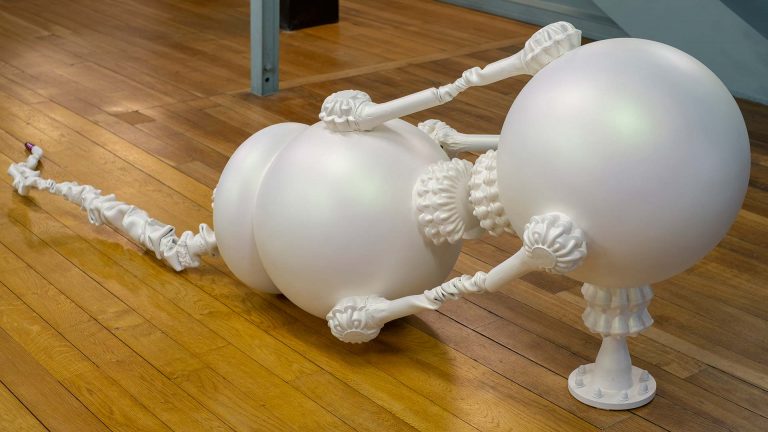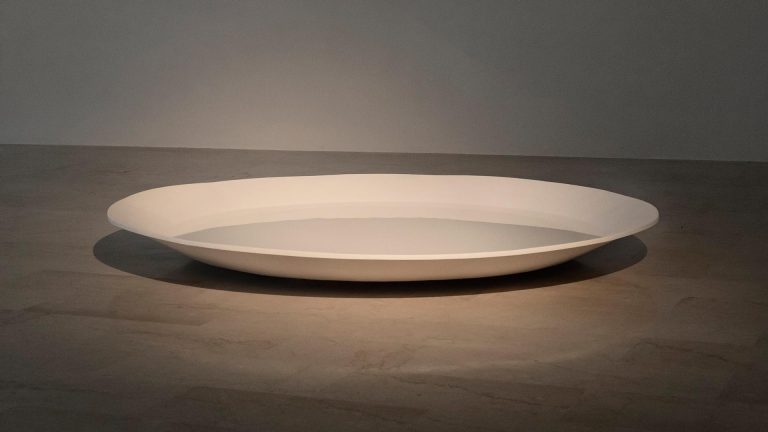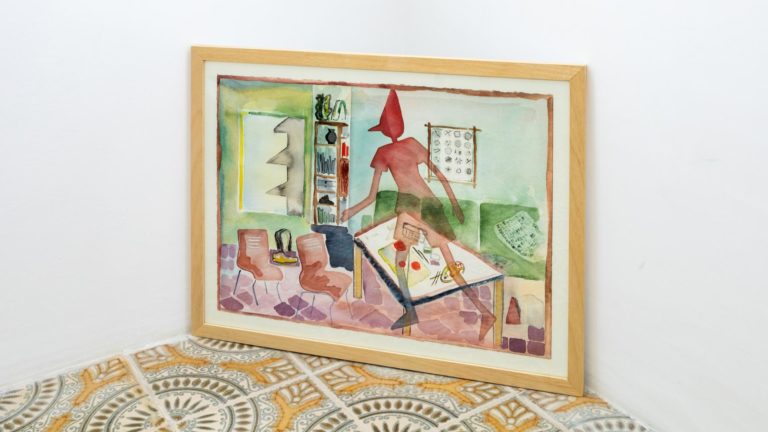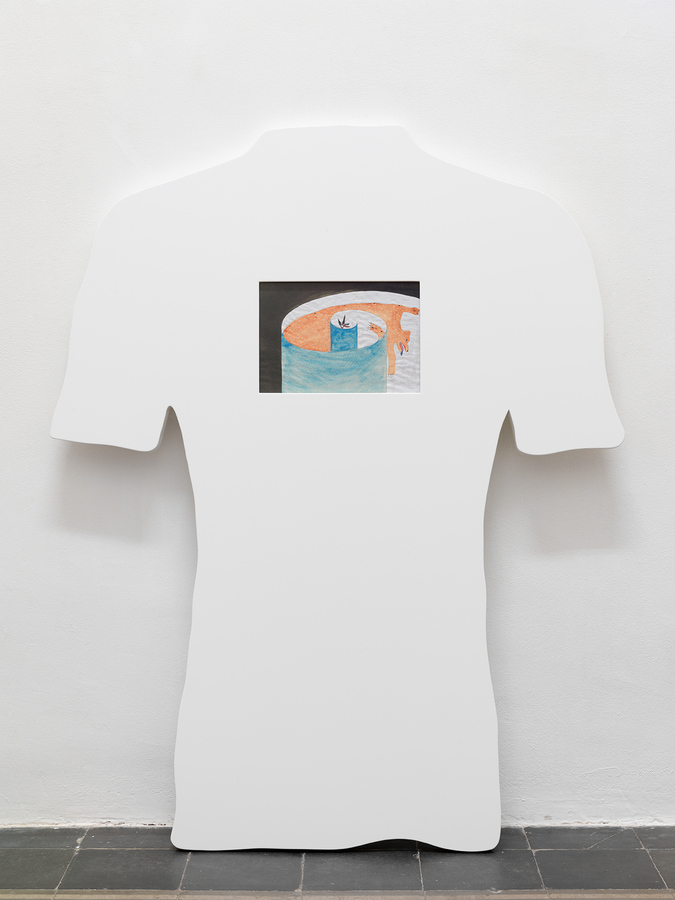
Artists: Gianluca Belloni, Daniele Milvio, Matteo Pomati
Exhibition title: Tufo
Venue: Gasconade, Milan, Italy
Date: May 9 – June 7, 2014
Photography: Courtesy of Gasconade
“Tufo” [Tuff] presents a group of recent art works by Gianluca Belloni (b. 1991; lives in Milan), Daniele Milvio (b. 1988; lives in Rome) and Matteo Pomati (b. 1989; lives in Milan), which insist on the theme of the representational, even if they suggest diverse artistic traditions and a great plurality of imaginaries.
Belloni, for example, pursues a passionate visual inquiry in the wake of American Pop Art’s tradition; while Milvio weaves together historical references and visual clichés exquisitely gathered from Italian popular culture. Pomati, finally, nurtures laconic images that drift towards abstraction and in doing so problematize the usual mechanisms of vision. The artists’ works nourish themselves with the tension that academic media, such as painting or drawing, provoke when they acquire a knowledge of the language of new media—and with respect to which they define themselves with a skeptical wink or even firm opposition. Hence they come appear at times dry as dust, ancient, and without verve, almost anodyne; or else they show a taste for cultured eclecticism and a jouissance consummated in manner and style.
A precedent within art history which the exhibition echoes is, not by chance, the Italian Transvanguardia: complexity, nomadism, relativism, anti-modernism— attitudes that marked the movement’s understanding of art, and that one can be retraced in this context as well, in a purely trans-historical key. Indeed “Tufo” doesn’t insinuate the emergence of a (new) tendency, but the cyclical return of certain creative sensibilities and their need to be affirmed as artistic languages; it is not tantamount to an apology for the tradition, and even less so a prelude to a reactionary agenda…
Verily, it is the last show of Gasconade’s program in the exhibition space located in P.le Lavater 2. And since it is born chewing over what Achille Bonito Oliva, theorist of Transavanguardia, called “the ideology of the traitor”, the show occupies an oblique, ambiguous and lateral position with regard to the history of the space and its community: it closes a circle, but doesn’t mark a finish line—resorting to an Italian idiomatic expression, it “places a stone over” that experience. A stone that is volcanic, but porous and malleable, almost friable, just like tuff.
